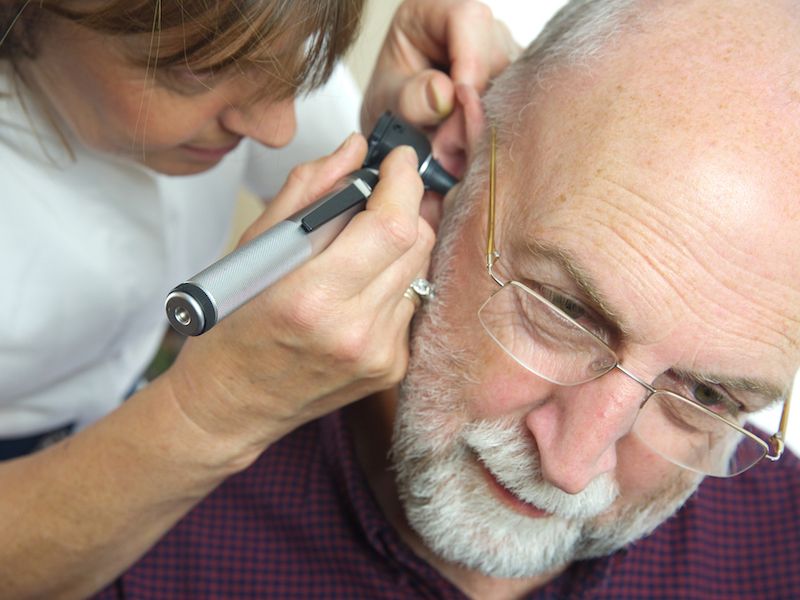
If you have glasses, you recognize you should still visit your eye doctor every year, right? Because your eyes change with time. The fact is, no part of your body is static, not your eyes and not, it turns out, your ears aren’t either. That’s why, just like you do with your eyes, it’s essential to keep getting your ears examined even after you buy a nice pair of hearing aids.
Unfortunately, many people miss those regular checkups. Maybe they’ve been consumed with making the most of their lives to get back in to see their hearing specialist. Or maybe lately, work has been stressful. You might even be so happy with your hearing aids that you just didn’t feel you need to go back in. You would normally think of that as a positive thing.
Over time, for people suffering from hearing loss, it is even more important to have even one follow-up appointment. Yet a great number of people ignore ongoing care. According to one survey, only 33% of seniors with hearing aids also used regular hearing services.
After You Get Hearing Aids, Why Should You Require to Get Regular Checkups?
Your hearing is dynamic. Over time it changes. It’s significant to modify the hearing aids to resolve those changes. Periodic testing helps monitor any changes in hearing and catch issues early.
It might be a smart plan to get normal checkups for other reasons also. Some of the most prevalent reasons to make sure you show up to your next examination include:
- Hearing aid calibration: There may be need for annual calibration of your hearing aids because of small changes in your hearing despite the stability of your general hearing. Your hearing aids might progressively become less effective if you don’t get this kind of calibration.
- Hearing degeneration: Even with a hearing aid, your hearing could keep degenerating. If this deterioration is slow enough, you most likely won’t recognize it’s taking place without the aid of a hearing screening. Hearing decline can often be slowed with appropriate alterations to your hearing aids.
Along with keeping up with changes in your hearing, it’s important to periodically have a professional cleaning. We can clean all the little parts and keep your hearing in peak conditions and make sure it’s working at peak performance.
The Risk of Not Following up With Regular Exams
The primary concern, here, is that eventually, the hearing aids will stop functioning the way they’re supposed to, so you’ll become irritated with them and stop wearing them altogether. Hearing aids make your all-around health better and also, of course, makes your hearing better. If you stop wearing your hearing aids, not only can your hearing decline faster, you might not recognize it right away. Increased chance of hearing accidents, as well as mental decline, have been related to hearing loss.
If you really want your hearing aids to continue working at the most effective level, frequent exams are going to be your best choice when it comes to achieving that. In order to make sure your hearing aids are functioning as they should be you need to have annual hearing assessments. So make your hearing consultation now.
